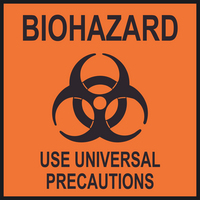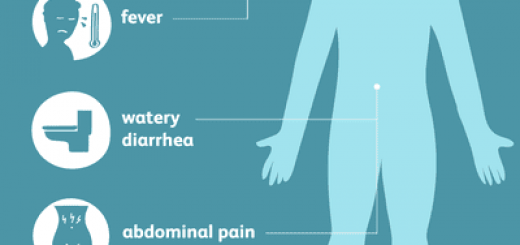What are Universal Infection Control Precautions?
Universal precautions (also commonly called standard precautions) are the basis of an approach to infection control which treats all human blood and materials as potentially infectious, and include:
-
engineering controls
-
administrative controls which include workplace practices
-
personal protective equipment (PPE)
Engineering controls refers to methods of isolating or removing hazards from the workplace. Examples of engineering controls include needleless injection systems, bacterial filters.
Work practice controls refers to practical techniques that reduce the likelihood of exposure by changing the way a task is performed. Common first aid workplace practice controls include:
- providing biohazard and sharps disposal containers
- avoiding contact with objects that may be contaminated
- washing your hands thoroughly with soap and water before and after administering first aid, even if gloves have been worn
- covering exposed cuts and grazes with waterproof dressings
- avoiding eating, drinking and other hand-to mouth contact while administering first aid
Personal Protective Equipment (PPE) includes gloves, masks, aprons, and safety glasses. The purpose of PPE is to prevent blood and body fluids from reaching the first aider’s skin, mucous membranes, or personal clothing. PPE must create an effective barrier between the exposed first aider and any blood or other body fluids.






